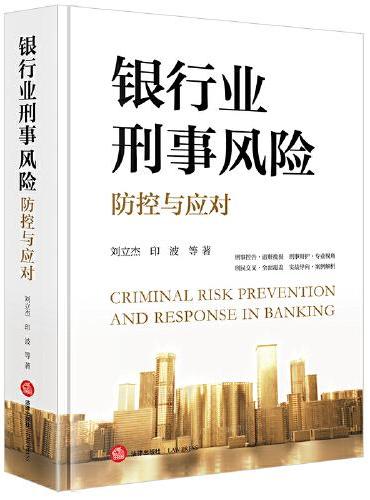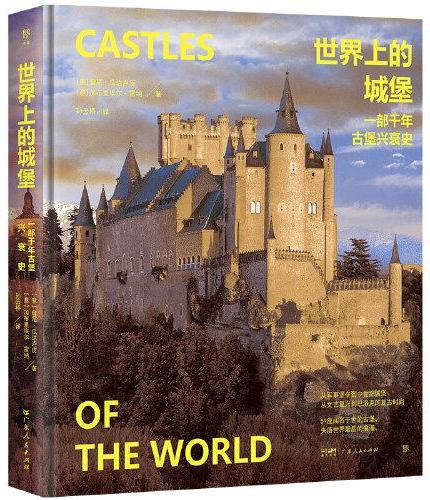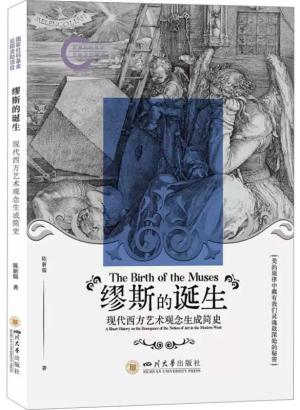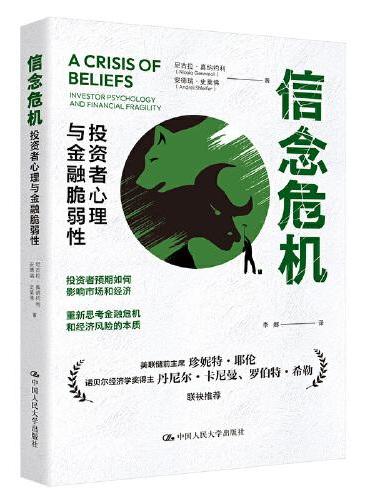新書推薦:

《
量子力学 恩利克·费米
》
售價:HK$
52.8

《
银行业刑事风险防控与应对
》
售價:HK$
96.8

《
语言、使用与认知
》
售價:HK$
69.3

《
帝国的叙事话语:国家身份塑造与冷战时期美国外交政策 北京大学人文学科文库
》
售價:HK$
151.8

《
世界上的城堡:一部千年古堡兴衰史(从军事建筑到中世纪城堡,59座经典古堡,高清全彩图文,精装收藏品质)
》
售價:HK$
261.8

《
缪斯的诞生 现代西方艺术观念生成简史
》
售價:HK$
85.8

《
信念危机:投资者心理与金融脆弱性
》
售價:HK$
74.8

《
喵星语解密手册
》
售價:HK$
86.9
|
| 內容簡介: |
《高校外语教师概述策略教学元认知知识研究》梳理和总结了以高校外语教师用论说文教授概述策略时应具备的元认知知识为研究内容的学术专著建构与验证过程。整个研究过程应用了Carifio-Perla(2011)的教育材料发展理论,体现了哈佛商学院案例研究模式。书中还进一步讨论了第一作者如何将专著中所涉及的研究内容上升到元认知层面加以理解、深化和反思的过程。
要培养大学生英语阅读方面的元认知意识,使其成为具备元认知能力的读者,高校英语教师应该具备相应的元认知知识,并基于元认知模式或/和阅读理解理论做教学决策、开展课堂教学实践。《高校外语教师概述策略教学元认知知识研究》可作为培训教师建构元认知知识框架的学术性参考资料,且书中的研究模式亦可在教育博士论文写作和教材编写方面得到应用和推广。
|
| 目錄:
|
Foreword
Preface
前言
Acknowledgments
ListofTables
ListofFigures
ChapterOneIntroduction
11NecessityofExploringESLEFLReadingTeachers''KnowledgeBase
12DifficultyofExploringESLEFLReadingTeachers''KnowledgeBase
13StatusQuoofExploringESLEFLReadingTeachers''KnowledgeBase
131ExploringTeachers''KnowledgeBaseattheCognitiveLevel
132ExploringTeachers''KnowledgeBaseattheMetacognitiveLevel
14ResearchPurpose
ChapterTwoDesignofaCaseStudyonMetacognitiveKnowledge
21BaseoftheResearchDesign:Carifio-PerlaModel
22DesignoftheResearch:ATwo-PhaseCaseStudy
221CaseStudy:PhaseⅠ
222CaseStudy:PhaseⅡ
ChapterThreeConstructionofaGeneralMetacognitiveKnowledgeFramework
31UnderstandingtheConceptofMetacognition
32DistinguishingMetcognitionfromCognition
33UnderstandingtheConceptofMetacognitiveKnowledge
34Flavell''sConceptualizationofMetacognitiveKnowledge
341MetacognitiveKnowledge=AClassofMetacognitivePhenomena
342MetacognitiveKnowledge:TheBaseofMetacognitivePhenomena
343MetacognitiveKnowledge=ItsThreeVariables
35OtherResearchers''ConceptualizationofMetacognitiveKnowledge
351KnowledgeStructuresinInformationProcessingTheory
352KnowledgeStructuresinCognitivePsychology
36ATheoreticalFrameworkofMetacognitiveKnowledge
ChapterFourElaborationoftheConstructedMetacognitiveKnowledgeFramework
41TheScopeofInvestigatingReadingTeachers''MetacognitiveKnowledge
42TheIdentificationoftheCriticalandHighQualityKnowledgeBase
43TheFinalizationoftheContentofTheMonograph
ChapterFiveValidationoftheMetacognitiveKnowledgeExploration
51MethodologyoftheValidation
511ReviewPanels
512DataCollection
513DataAnalyses
52ResultsoftheValidation
521StructuredRespondingResults
5211StructuredItem-by-ItemResponsesbyTeacherEducators
5212StructuredItem-by-ItemResponsesbyIn-ServiceReadingTeachers
5213StructuredCriteriaResponsesbyTeacherEducators
5214StructuredCriteriaResponsesbyIn-ServiceReadingTeachers
5215StructuredRespondingResultsbyBothPanelsinComparison
522Open-EndedRespondingResults
5221DescriptionoftheOpen-EndedResponsesbyBothPanels
5222RatedOpen-EndedResponsesbyTeacherEducators
5223RatedOpen-EndedResponsesbyIn-ServiceReadingTeachers
53AllResponsesbyBothPanelsinComparison
54SurnryandDiscussionoftheResults
541ViewsontheGeneralMKFConstruction
542ViewsontheGeneralMKFElaboration
5421AReadingModel
5422EnfoldingtheGeneralMKFintheESLEFLContext
5423ConstructsandTeachingDemandsofSummarizingStrategiesInstruction
5424StrategyCategoriesofSummarizingStrategiesInstruction
5425SelectionofCognitiveandMetacognitivePedagogicalStrategies
5426ASampleLessonPlan
543DifferencesinEvaluatingTheMonograph
544Summing-upoftheResults
ChapterSixCross-ValidationofandPersonalReflectionontheResearchProcess
61Cross-ValidationoftheResultsfromOtherStudies
62AnalysisoftheInformalResearchJournal
621ThemeⅠ:UnderstandingtheConcept"Metacognition
622ThemeⅡ:OrganizingandSynthesizingResources
623ThemeⅢ:WritingofTheMonograph
ChapterSevenFinalReflections
71OverviewoftheResearchDesign
711PhaseⅠoftheStudy=TheTheorizationProcess
712PhaseⅡoftheStudy:TheValidationProcess
72LimitationsoftheCaseStudy
73ImplicationsoftheCaseStudy
74DirectionsforFutureResearch
75ConcludingComments
References
DefinitionofTerms
Appendices
AppendixA
AppendixB
AppendixO
|
|









